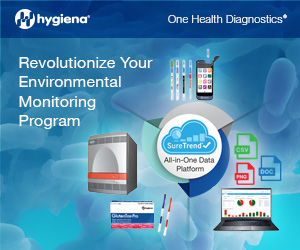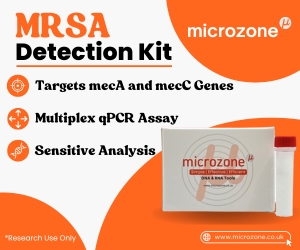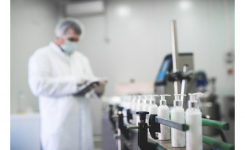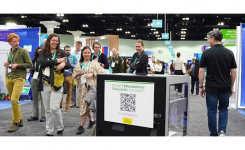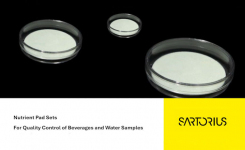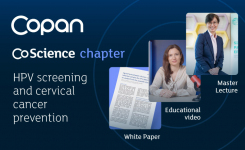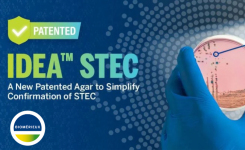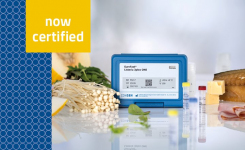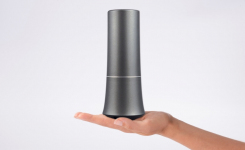Enhanced Identification of Lactose-Fermenting Organisms
go back to news archives| Thermo Scientific Limited has launched a new pack size of 5% tri-phenytetrazolium chloride (TTC) Solution (SR0211C) supplement for addition to Tergitol-7-Agar (CM0793) and KF Streptococcus Agar (CM0701). This supplement is rapidly reduced to insoluble red formazan providing an early indication of bacterial growth. Tergitol-7 Agar is a selective medium for the detection and enumeration of coliforms in food and water samples. It inhibits Gram- positive organisms and minimises swarming of Proteus spp., allowing superior recovery of coliforms. |
| The addition of TTC to this medium allows earlier recognition and identification of E. coli and Enterobacter aerogenes . Unlike other coliforms, these species do not produce red formazan due to their rapid lactose fermentation. |
Source : Thermo Scientific. View archived contact details
Posted on June 16, 2003
LATEST MICROBIOLOGY NEWS
-
New Self-collection Devices from MWE
01 Jul 2025
MICROBIOLOGY EVENTS
-
AI for Food Safety Professionals
8 Jul 2025 -
Main Challenges in Allergen Testing and How to Overcome Them
9 Jul 2025 -
Getting Equipped for the Future with the New MAS-100 Sirius® Microbial Air Sampler
10 Jul 2025 -
FEMS Micro
14 Jul 2025 -
Unmasking Endotoxins: A Sample Preparation Strategy to Overcome LER
15 Jul 2025 -
IAFP 2025
27 Jul 2025 -
ADLM 2025
27 Jul 2025 -
Food Safety Culture Workshop
9 Sep 2025 -
Who are the "Real" Spoilers in Food?
11 Sep 2025 -
CPD accredited course: Level 3 HACCP & Food Safety
15 Sep 2025



